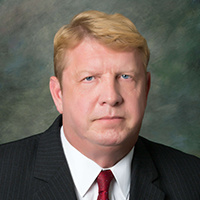Catonsville Felony Lawyer, Maryland
Sponsored Law Firm
-
 x
x

Click For More Info:
-
Cromwell & Associates, LLC
7305 Baltimore Ave Suite 307 College Park, MD 20740» view mapEstate, Tax, and Real Estate Law Where Every Client Matters
At Cromwell & Associates, our firm is large enough to handle your diverse needs, but small enough to give you the personal attention you deserve.
240-667-7234
Charles L. Waechter
✓ VERIFIEDBaltimore Criminal Defense Law Firm If you face criminal charges, an experienced and respected defense lawyer can help protect your rights, evaluat... (more)
James E. Crawford
✓ VERIFIED**Helping Good People in Tough Situations Since 1992** My name is Jim Crawford. I founded the Law Office of James E. Crawford, Jr., & Associates --... (more)
Oleg Fastovsky
Oleg Fastovsky is a lawyer in the state of Maryland who handles Criminal cases. He has tried cases in the areas of assault, drug charges, DUI, felon... (more)
FREE CONSULTATION
CONTACTFREE CONSULTATION
CONTACTFREE CONSULTATION
CONTACTFREE CONSULTATION
CONTACT Stephen Cromwell College Park, MD
Stephen Cromwell College Park, MD AboutCromwell & Associates, LLC
AboutCromwell & Associates, LLC




